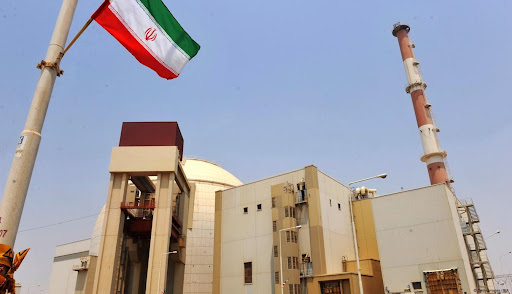ALWAGHT- Iranian Foreign Minister Abbas Araqchi revealed on Wednesday that there is growing debate among various groups within Iran regarding a possible shift in the country's long-established nuclear policy.
Iran's long-standing nuclear policy, which prohibits the development of weapons of mass destruction, including nuclear weapons, is based on a fatwa issued by Supreme Leader Ayatollah Seyyed Ali Khamenei about two decades ago. This decree came at a time when Western powers began pressuring Iran over its peaceful nuclear program. However, fatwas can be subject to change based on factors such as time, place, people, and prevailing conditions. Since the fatwa's issuance, Iran has explored various avenues to resolve its nuclear dispute with the West, including signing and renegotiating the Joint Comprehensive Plan of Action (JCPOA). Despite these efforts, Iran’s path forward remains uncertain, with growing internal debate over whether to abandon the JCPOA entirely or continue efforts to revive it.
In an interview in Lisbon, Iranian Foreign Minister Abbas Araqchi revealed that skepticism is rising in Iran regarding the effectiveness of its nuclear policy. He noted that many Iranians, including elites and ordinary citizens, are questioning whether the policy has been a failure, especially given that Iran met its commitments while the West failed to lift sanctions as promised. Araqchi emphasized that this debate is becoming more widespread, with many wondering if a change in Iran's nuclear doctrine is necessary.
The situation has been further complicated by external pressures. When former US President Donald Trump withdrew from the JCPOA in 2018, European signatories, including Germany, Britain, and France, initially supported Iran, but their efforts to mitigate the impact of US sanctions proved ineffective. In the years that followed, Europe began imposing its own sanctions on Iran, citing unproven claims of Iranian involvement in the Ukraine war. The EU's stance has become increasingly critical, with resolutions passed at the International Atomic Energy Agency (IAEA) condemning Iran for "insufficient" cooperation, while ignoring the West's failure to fulfill its promises of sanctions relief.
Following recent diplomatic discussions, Iran and European officials have agreed to continue talks, with Iran's Deputy Foreign Minister Kazem Gharibabadi suggesting that Europe still has time to address Iran's concerns and prevent further escalation. He reiterated that Iran remains committed to dialogue and engagement, but also emphasized that the country will continue to prioritize its national interests in the face of ongoing pressure from the West.



























